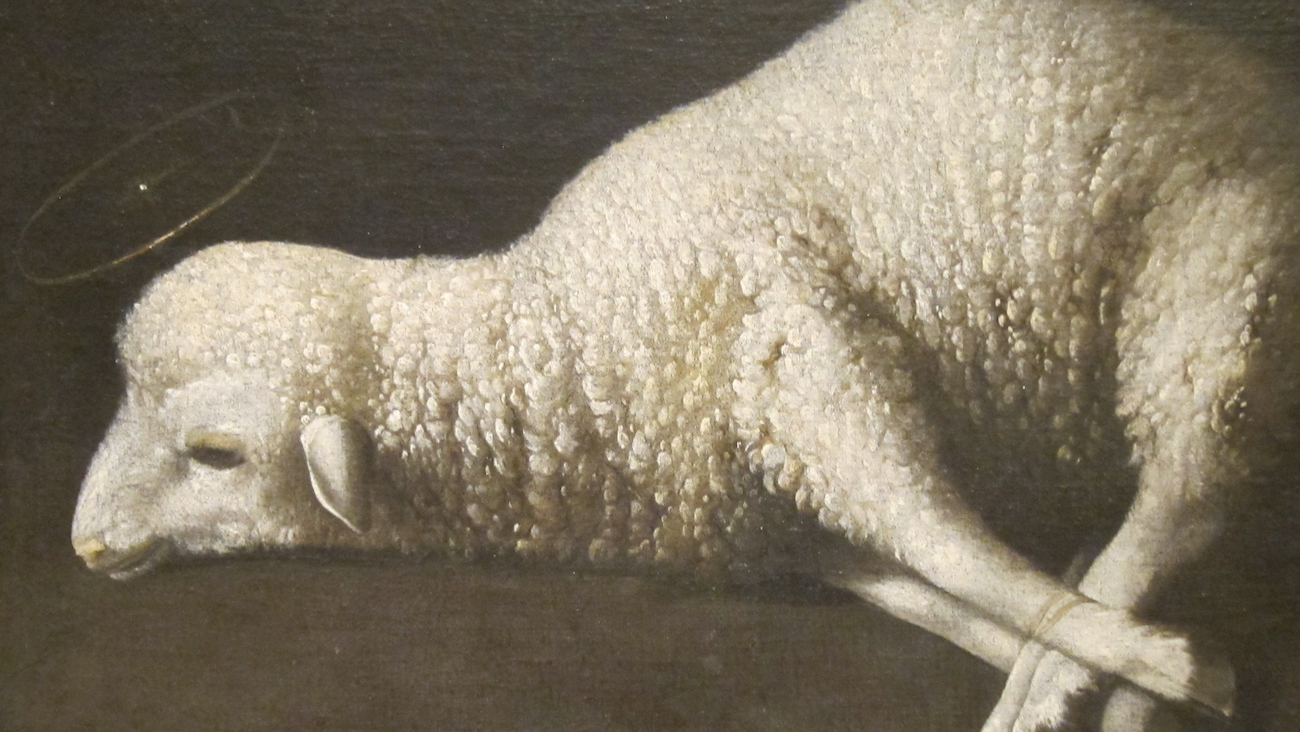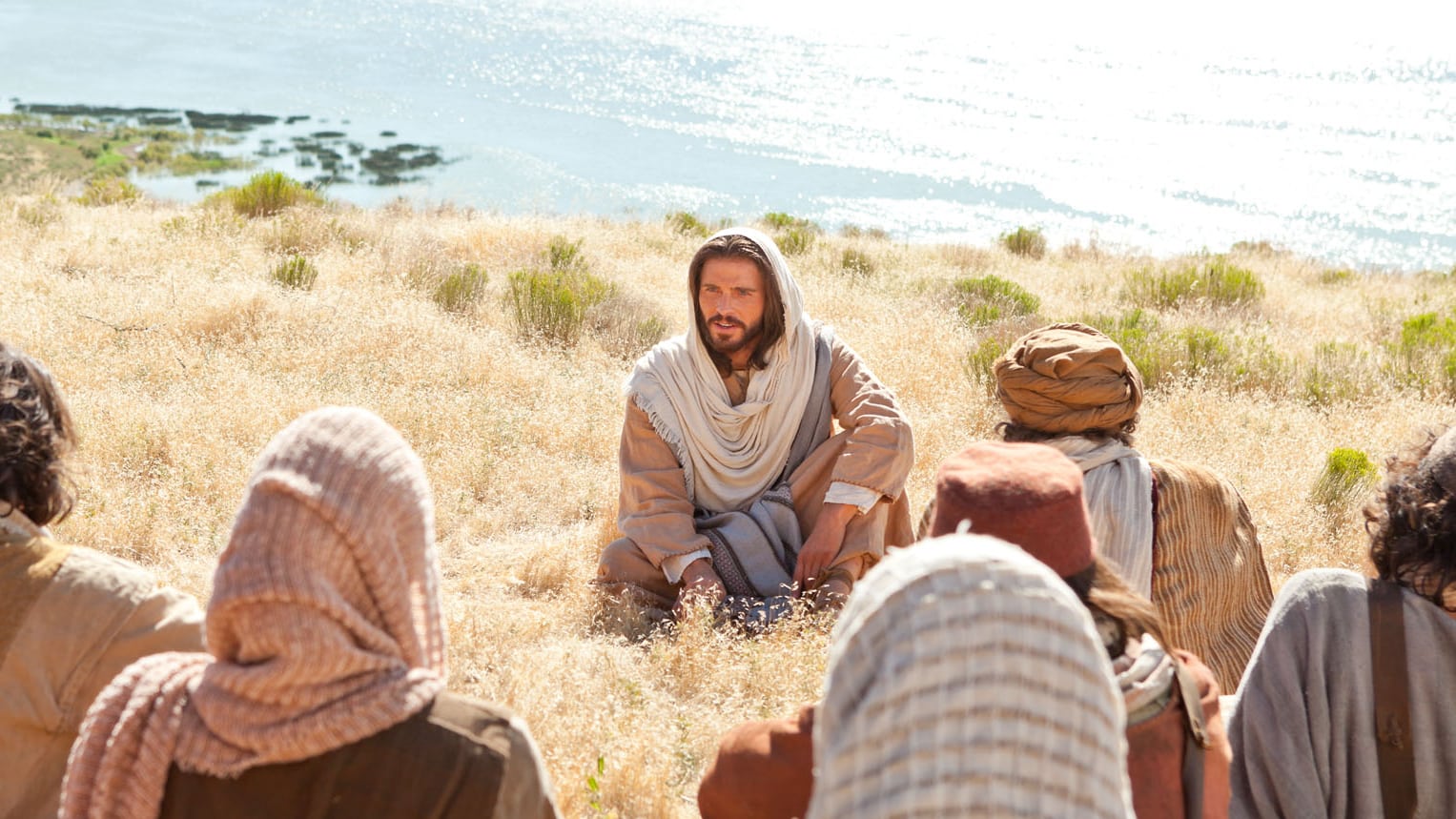Blessed are the meek, for they will inherit the land. (Mt 5:5)
Psalm 37:11 states: “But the meek shall possess the land, and delight themselves in abundant prosperity.” According to Fr. Daniel Harrington, S.J., “The Qumran community took Psalm 37:11 as a prophecy of their struggle with their enemies (4QpPsa). The land is not necessarily limited to the land of Israel. In apocalyptic literature (see 1 Enoch 5:7) the promise is widened to include the gift of the whole world to the just.” (Sacred Pagina, The Gospel of Matthew, pp.79)
“As meek and gentle are key Matthean words that characterize the reversal of this worldly idea of kingship (Mt 11:29; 12:18-21; 21:5), Matthew may have formulated this saying himself. Meekness here is a synonym for poor in spirit and characterizes those who are aware of their identity as the oppressed people of God in the world, those who have renounced the violent methods of this worldly power.” (The New Interpreter’s Bible, Volume VIII, pp.179)
As Fr. Michael Crosby, O.F.M. Cap. has observed: “If concern for others is not part of our normal care system, the concern will not easily be normative of our prayer forms either. Unconsciously, even as we spend more time in prayer, we may be praying to a God of our own experience, limiting this God to our small world, reinforcing our ideology under the guise of religion. The God of Jesus insists that, if our religious experience of God’s care is authentic, it will manifest itself in deeds of care toward others in need.” (Mt 7:21-23)
In his 1891 encyclical, Rerum Novarum, Pope Leo XIII noted that we are called to embrace the principle of subsidiarity. In its essence, the principle states that we should organize society so that a majority of matters may be handled by the “smallest, lowest, or least centralized competent authority.” Despite the lure of the modern age where we hand over our taxes and allow some distant bureaucracy (e.g., federal government) to attend to the needs of the poor, Pope Leo insists that such responsibility is rightly ours and, if possible, should be carried out by our own hands.
One definition of meekness suggests that it is a state of being overly submissive, compliant, and tame. But rather than this perspective, I am instead drawn to the words of the English historian, Thomas Fuller, who once declared that a meek person “is like a bell that will go for everyone who pulls it.”
What is your definition?








